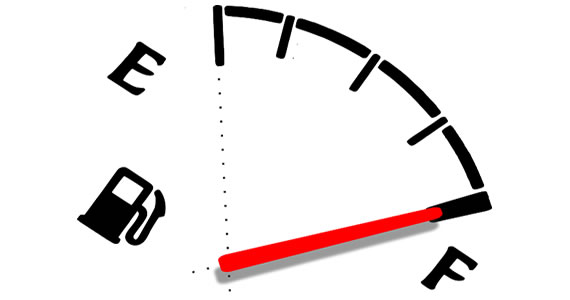Torque is what gives your truck low-end power to muscle through deep sand and tow heavy trailers. While many newer trucks have excellent horsepower, they often lack the ability to transfer that power to the wheels at lower speeds. Here is a look at four tips you can use to give your truck massive power when it is needed the most.
1. Have It Professionally Tuned
New vehicles often come with complex computers that manage the entire mechanical system. While these processors can save you money on gas or diesel, they could be limiting your torque. Truck owners should find a local garage that offers custom tuning to those who want as much power out of their vehicle as possible. In many cases, these services can be finished in just 15 or 20 minutes, and they could increase your truck’s torque by as much as five percent.
2. An Aftermarket Exhaust System
Anyone who plans on towing a trailer from Hillsboro Industries with their truck should consider upgrading their exhaust system. While it might not seem like the exhaust does much to alter your engine’s power, it is actually one of the most common areas where low-end strength is lost. Stock exhaust systems bottleneck the air coming out of the engine, and this prevents new air from being drawn in as efficiently as it could. Aftermarket systems are designed to pull air out as quickly as possible without causing any backflow.
3. Install a Performance Chip
Depending on the model you have purchased, your truck might already have a performance chip inside it. These small devices plug into your OBD-II port and give you full control over many aspects of your engine. A performance chip essentially allows you to tune your truck without heading into a garage. Many modern chips also allow you to create specific settings depending on what type of driving you plan on doing.
4. Cold Air Intake
Installing a cold air intake is one of the most cost-effective ways to increase your torque, but you should first make sure these devices are legal in your state. Because they alter a truck’s emissions, some states have decided to ban them. This upgrade lowers the temperature of the air that is going into your engine to make it as dense as possible.
Many of these tips and upgrades will not only make your truck more powerful, but they could even improve its efficiency. That makes them an excellent investment for practically any driver.















